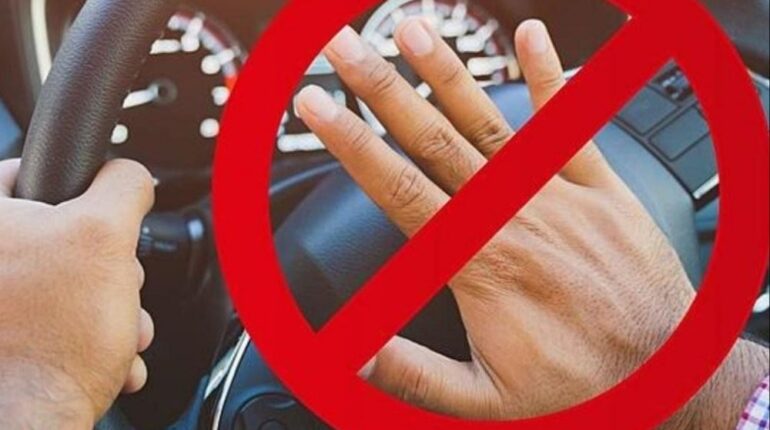📌 Sad news for drivers over 70: soon they will no longer be able to..

Posted 13 September 2025 by: Admin
As the nation debates senior mobility and road safety, a proposed law restricting nighttime driving for those over 70 has sparked passionate responses on both sides.
Traffic safety studies reveal that older drivers often struggle with night vision, slower reaction times, and fatigue after dark. As the eyes age, they adjust less effectively to low light, glare from headlights becomes more blinding, and judging distances grows harder.
The National Highway Traffic Safety Administration (NHTSA) reports that although seniors drive fewer miles overall, nighttime accidents involving elderly drivers have increased by 14% over the past five years. These crashes frequently involve difficulty spotting pedestrians, reading road signs, or responding quickly to hazards.
Lawmakers argue that limiting night driving for seniors could reduce these risks—protecting elderly drivers, other motorists, and pedestrians.
What Would the Law Involve?
If passed, the law would:
- Ban drivers **over 70** from driving between **8 PM and 6 AM**, except in emergencies or with special medical clearance
- Require **annual eye exams and reaction-time tests** for seniors seeking nighttime driving privileges
- Include **special license markings** for daytime-only driving
- Mandate health screenings at license renewal after age 70
- Provide **education about alternative transportation options** for seniors
Public Reaction
The proposal has divided opinion. Some families see it as a needed safeguard:
“My dad is 75 and still insists on driving at night, even though his vision isn’t what it used to be. This law could help keep him safe,” said Linda Carson, whose father was recently involved in a nighttime accident.
Others call the measure unfair:
“I’ve been driving for 50 years without a problem,” said George Miller, 72. “I don’t think it’s right to assume we’re all a danger just because of our age.”
What Are the Alternatives?
Experts recommend preparing for reduced driving abilities before it becomes critical. Options include:
- Using **community transport services** or **ride-sharing apps**
- Leaning on **family and neighbors** for nighttime errands
- Encouraging manufacturers to implement **night vision cameras**, **lane-assist features**, and **automated braking systems** to improve senior driving safety
What Happens Next?
The measure remains in the **proposal stage** and will undergo public hearings before any vote. If approved, it could take effect within a year.
As the population ages, balancing senior independence with public safety will continue to challenge communities across the country. This debate over nighttime driving restrictions is only the beginning.




















